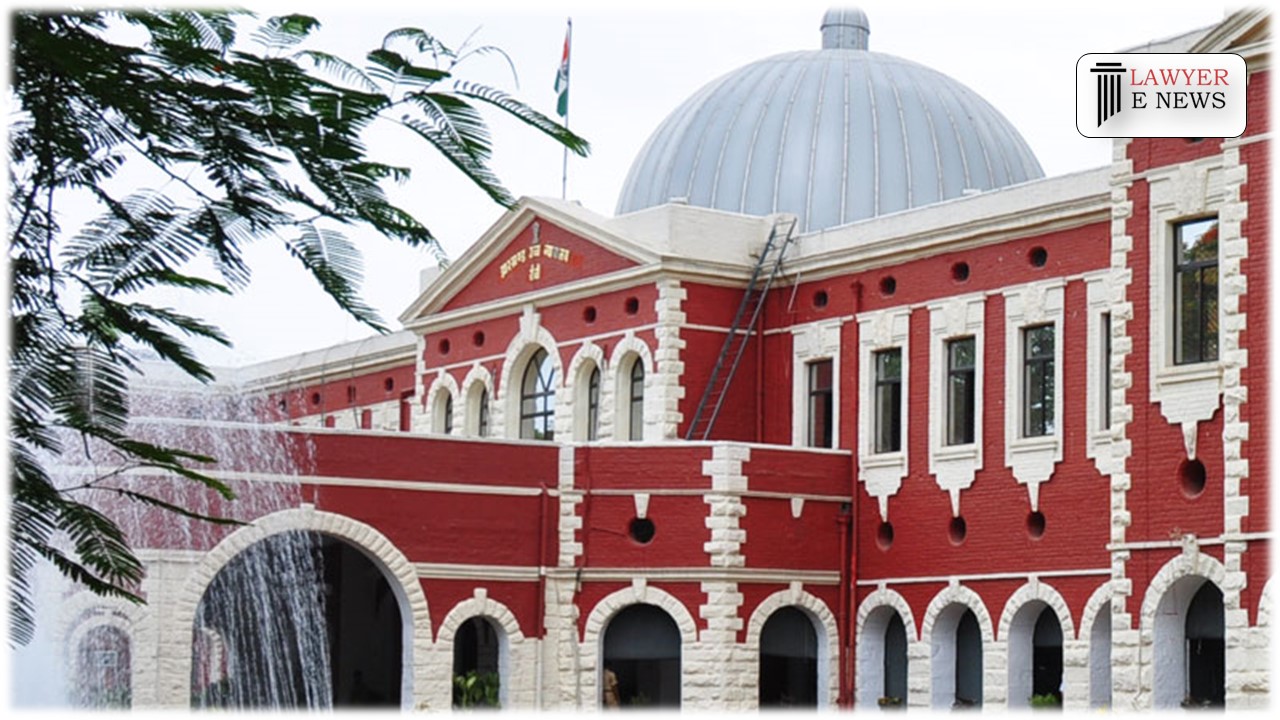-
by Admin
16 February 2026 5:45 AM



In a significant legal decision, the High Court of Jharkhand at Ranchi has acquitted Jumed Khan, who was previously convicted for the murder of his wife under Sections 302 and 201 of the Indian Penal Code. This ruling underscores the crucial role of the Investigating Officer’s testimony in cases hinging on circumstantial evidence, with the court emphasizing that the non-examination of the primary Investigating Officer was a fatal flaw in the prosecution’s case.
The appeal challenged Jumed Khan’s conviction for the murder of his wife and subsequent destruction of evidence. The prosecution’s case rested on circumstantial evidence, including motive linked to familial strife and the discovery of the body. However, the primary issue revolved around the absence of direct evidence connecting Khan to the crime and the non-examination of the Investigating Officer.
The High Court scrutinized the circumstantial evidence in detail. It noted that while certain aspects like motive and the discovery of the body were established, they failed to directly implicate the appellant in the absence of conclusive evidence.
Importance of Investigating Officer’s Testimony: The judgment pointed out the crucial role of the Investigating Officer in cases based on circumstantial evidence. The failure to examine the primary Investigating Officer was seen as a significant oversight, detrimental to the prosecution’s case.
Principles of Circumstantial Evidence: Drawing upon the Sharad Birdhichand Sarda judgment, the court emphasized the necessity for a complete and unbroken chain of evidence pointing conclusively to the guilt of the accused, a criterion not met in this case.
Standard of Proof in Criminal Cases: The court reiterated the foundational principle of criminal jurisprudence that suspicion, however strong, cannot replace the requirement for proof beyond reasonable doubt.
Decision: The High Court, observing the gaps in the chain of circumstantial evidence and the critical non-examination of the Investigating Officer, overturned the conviction and sentence, leading to Khan’s acquittal.
Date of Decision: 19th March 2024.
Jumed Khan vs. The State of Jharkhand,
